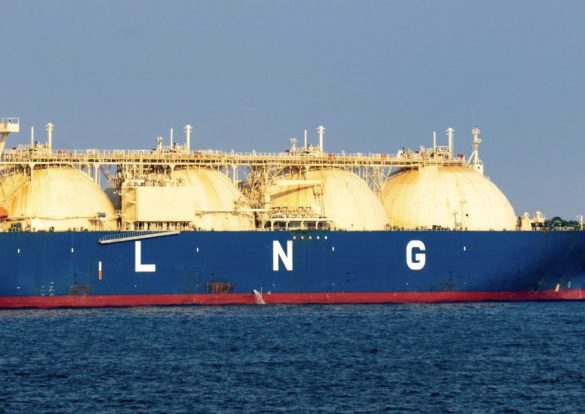KEY POINTS
- EU seeks more LNG to lower energy prices and stabilize supply.
- Bloc aims to reduce reliance on Russian gas by 2027.
- Trump’s proposed tariffs add uncertainty to EU energy markets.
The European Union takes steps to contract trustworthy liquefied natural gas suppliers (LNG) to lower energy expenses while maintaining consistent delivery.
A recent Tuesday disclosure of a European Commission draft document showed that Brussels intends to invest in foreign LNG projects following Japan’s model for funding export infrastructure.
The EU’s push for more LNG comes as it works to reduce reliance on Russian energy by 2027, following Moscow’s invasion of Ukraine.
However, current gas prices remain challenging for the bloc, and trade threats from US President Donald Trump, who has warned of tariffs unless the EU increases imports of American oil and gas.
Balancing climate goals with energy needs
EU policy now demands the elimination of fossil energies including natural gas since the goal is to achieve zero carbon emissions by 2050.
However, the transition remains complex. Renewable energy receives substantial funding even though gas prices determine the EU’s electricity market and recently reached a two-year peak.
In response, the European Commission is proposing a plan to unite European businesses for collective LNG procurement, while ensuring long-term contracts as a solution against volatile market prices.
Global LNG partnerships and trade challenges
Russia continues to supply the EU with its second-largest quantity of LNG imports after the U.S. takes the lead, despite EU initiatives to decrease its dependency on Moscow.
According to Reuters, the draft document suggests that the EU will explore longer-term LNG deals similar to Japan’s approach, where companies sign extended contracts with major suppliers.
The potential disruption of energy markets remains unclear due to Trump’s proposed tariff policies on importation from the EU.
A final policy announcement will take place on February 26 with broader goals to promote European industries.



